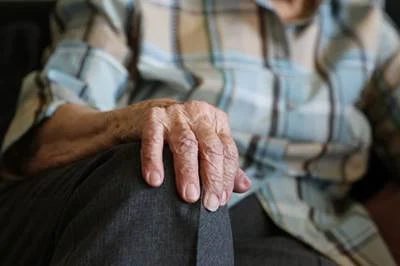How to Communicate with Seniors – Top Tips

- April 18, 2024
The aging process brings many challenges when it comes to communication. Seniors may suffer from hearing loss, their speech can become indistinct, and confusion can affect their thinking process. Knowing the best way to communicate with seniors can help to turn a frustrating situation into an enjoyable experience. In fact, both the elderly person and the caregiver can benefit much more from a meaningful conversation.
What can make it easier to communicate with and care for an elderly relative that you have to care for? Here are some top tips on successfully communicating with seniors.
Speak Clearly with Enough Volume
First and foremost, it’s important to speak clearly so that you are easily understood. Sometimes seniors feel embarrassed if they have not heard you and may not ask to repeat something. So, look for clues that you are being understood.
However, it’s important to avoid speaking in such a way that makes them feel embarrassed. Just make sure that you speak with enough volume to be heard and enunciate properly. Short simple sentences also make communicating easier.
Use Good Eye Contact
It’s important to keep good visual eye contact when communicating with those in their senior years. Our eyes also communicate non-verbal messages and good eye contact shows a caring attitude. If your loved one is in a wheelchair, try and be on the same level by either sitting beside them or crouching down.
Be Aware of Background Noise
Noises in the background like a TV or radio can make communication more difficult. If the elderly relative wears a hearing aid, he or she may hear these noises louder than you do. Turn down or switch off the radio or TV or move to another room that is quieter.
Listen
The art of successful communication is also knowing how to be a good listener. Seniors sometimes like to reminisce and even though you may have heard the story before, continue to listen and show interest. Some seniors who have Alzheimer’s disease or have had a stroke may have vivid memories about their childhood, but can’t remember what they had for lunch yesterday.
Sometimes, just taking out a few old photographs is a great way of communicating with seniors and let them talk about their “good old times.”
Communicating with seniors can be a challenge, but with a little patience and speaking clearly, you can successfully communicate with loved ones in their older years.













